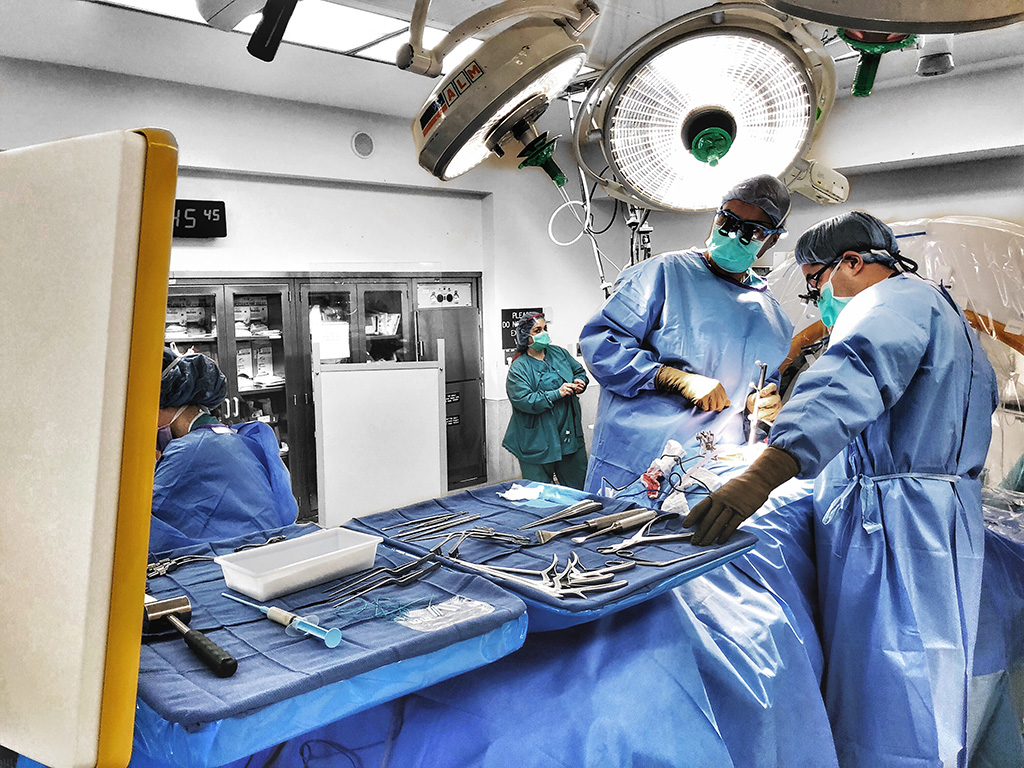If you are considering gastric bypass in Manhattan, it is normal to have questions, fears, and misconceptions about the procedure. This article aims to debunk common misconceptions and provide more clarity about this weight loss treatment. Our goal is to empower you with the right information to make an informed decision about your health.

Content
Myth 1: Gastric Bypass is High Risk
While gastric bypass does come with its unique set of risks, just like any surgical procedure, advancements in the medical field have made this surgery safer than ever. A study conducted by Stanford University researchers showed that the mortality rate within 30 days of surgery was a mere 0.14%. It’s essential, however, to carefully choose a specialized center with a good track record.
Myth 2: You Will Regain Your Weight After Surgery
Sustainable weight loss requires commitment and lifestyle changes, even after a gastric bypass. A comprehensive preparation and aftercare plan includes nutritional counseling, exercise, and mental health support to ensure sustainability. Did you know about the risk of post-surgery complications, like ulcers? While they are uncommon, understanding their causes and treatments can further help manage your weight loss journey.
Myth 3: You Can’t Get Pregnant After Gastric Bypass
While it is generally advised to avoid pregnancy immediately after gastric bypass, once your weight stabilizes, there’s no reason why you can’t have a healthy pregnancy. It is recommended to wait 12-18 months post-surgery before trying to conceive. During this waiting period, drastic weight loss can occur, which is not ideal during pregnancy.
Myth 4: Gastric Bypass is the ‘Easy Way Out’
Choosing gastric bypass surgery isn’t about taking the easy way out. It’s about making a conscious decision to improve health and well-being. Weight loss surgery requires commitment, changes in diet and lifestyle, and frequent post-surgery check-ups.
Closing Thoughts
Living with obesity often comes with a host of other health issues like diabetes, heart disease, and joint pains. When other weight loss interventions do not yield results, a gastric bypass can give you a fresh start to a healthier, more active lifestyle. Remember, while surgery can kick-start the road to weight loss, maintaining that weight loss requires commitment and dedication. It’s important to keep learning and busting common myths, so let’s replace fear and doubt with knowledge and clarity!

Helen Bradley is a health blogger and the founder of her own blog about fitness. She has been blogging for three years now and loves to share what she learns with others. Helen enjoys reading, cooking, and staying active outdoors.







